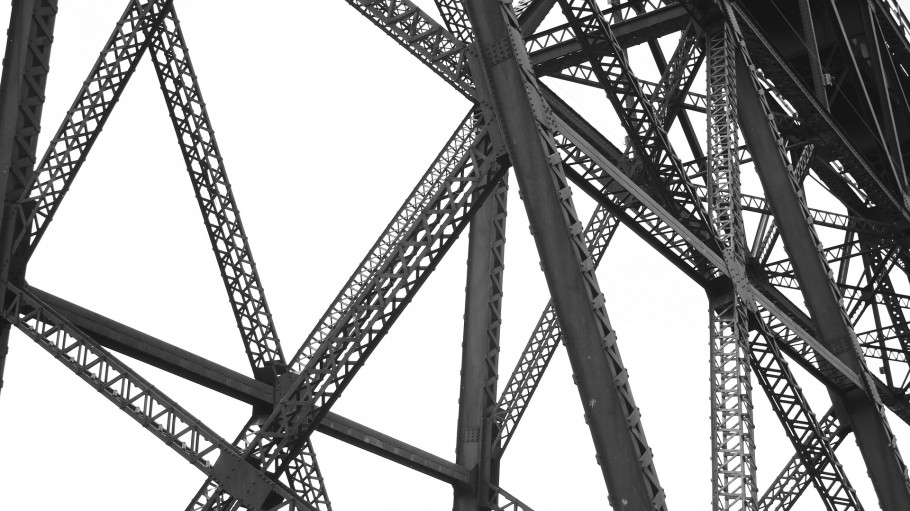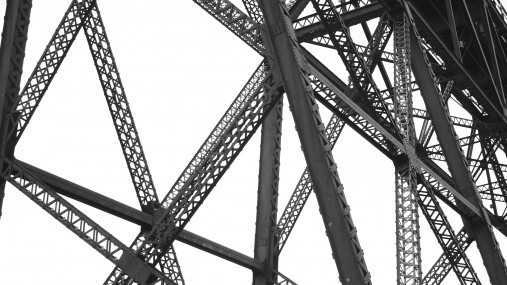
Publications » Position papers » Towards an EU Product Policy Framework contributing to the circular economy
Towards an EU Product Policy Framework contributing to the circular economy
Downloads and links
Recent updates

The European steel industry welcomes the development of a coherent product policy framework that supports a circular economy and sustainability, giving full recognition to materials fit for circularity and supporting sustainable outcomes. We are at a critical stage in which EU product policy can be shaped to fully support the development of a more Circular Economy. It is therefore essential to have the right founding principles from the very beginning.
The use of a Life Cycle Assessment (LCA) methodology, when thoroughly peer-reviewed, should be widely supported as a means of quantifying the environmental impacts of products. For instance, a consistent LCA methodology is needed for preparing background studies, which are used to inform policy, such as in Ecodesign and Eco-label. As a voluntary assessment tool, the EC shall however, ensure a level playing field for environmental claims communicated by harmonising methodology.

Download this publication or visit associated links
Brussels, 22 October - Ahead of the European Council meeting on 23 October, Europe’s steel and automotive industries — two strategic pillars of the EU economy — are issuing a joint call for a realistic and pragmatic pathway to transformation and keeping investments in Europe. Together, these sectors form the backbone of Europe’s industrial strength, supporting over 13 million jobs in automotive and 2.5 million in steel (directly and indirectly), and driving innovation across entire value chains.
Joint Statement
Strasbourg, 07 October 2025 – The new trade measure presented today by the European Commission is a long-awaited proposal to forcefully defend the European steel sector, in full respect of WTO rules, from unfair imports flooding the EU market due to massive global overcapacity. The provisions unveiled by the Commission respond to the needs of the sector and represent a real lifeline for EU steelmakers and steelworkers. The European Parliament and the Council should therefore adopt it as a matter of urgency to enable its entry into force at the beginning of 2026, says the European Steel Association (EUROFER).